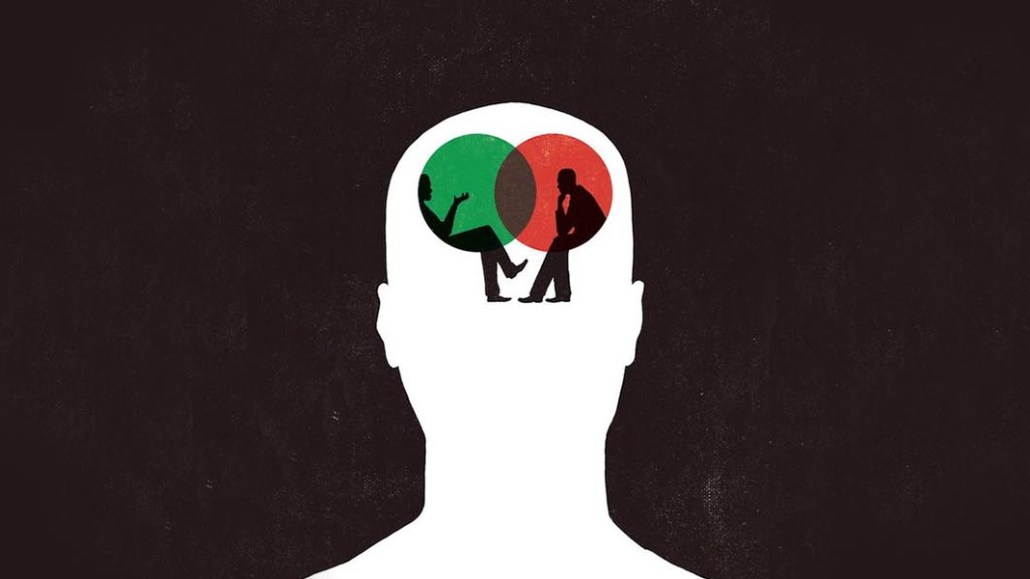Secure your place at the Digiday Media Buying Summit in Nashville, March 2-4

Chief media officers are the new important people at brands.
In just over a year, the number of LinkedIn members with English-language profiles who are chief media officers or have a similar job titles has risen by nearly 150 percent to 257. Tesco, Airbnb and Procter & Gamble have created their own variations on the role over the last 12 months.
There’s good reason for this. Advertisers have started to realize they’ve spent a lot on online media without regard to business effectiveness, and they now need to fix that. What was once seen as a functional role is now regarded as a game-changer in the age of media transparency. It’s no longer enough for a chief media officer to just orchestrate global media deals. Now, they need to be able to build an ad tech stack, nurture direct relationships with publishers and lobby for independent measurement, skills some agency veterans believe they still have over their client-side counterparts.
As brands start to create those roles, more agency executives are throwing their hat in the ring. Recruitment consultants The Lighthouse Company and Ultimate Asset have both had agency veterans ask about client-side media director roles in recent months. The smart executives see how much clients are prioritizing planning expertise in pitches and want to work in those same businesses, recruitment consultants said.
“More people from agencies are either looking or making the move client side,” said Nick Manning, the chief strategy officer at media analytics specialists Ebiquity. “It’s a different type of role that likely has a lot more responsibility, given chief media officers are no longer only required to orchestrate [media deals] and coordinate them.”
Many brands still lack the in-house expertise a chief media officer traditionally brings because they funded their digital binge by shedding traditional advertising, direct marketing, strategy, creative and media resources. That’s left fewer senior people who have dealt with the holistic issues facing a brand. As Matt Green, the global lead for media and digital marketing at the World Federation of Advertisers, explained: “Most of the current global media directors are coming to the end of their careers, and the candidates to succeed them are steeped in digital. They’re the Paul Framptons of this world who represent something quite different to the older guard.”
And some advertisers, like TUI, are still unsure if a chief media officer is the answer to their digital problems. The travel agent hasn’t decided if the role is needed, given it already has specialists in areas such as data and programmatic, said Jeremy Ellis, its U.K. marketing director. That a brand like TUI even considered hiring a chief media officer shows how perceptions of the role have changed over the last year, though.
Fifteen months ago, the chief media officer position was barely heard of. Then, last summer, the Association of National Advertisers urged advertisers to hire one to handle potential conflicts of interest among their agencies or digital partners. The task had been handed to chief marketing officers, many of whom are already overworked or lack the expertise to fulfill those duties.
This has started to change over the last year or so, as marketers realized they need to shed anything that doesn’t produce a business result, said Phil Smith, the director general of the British advertisers’ trade body ISBA.
Doing so is perhaps easier at an advertiser like Lastminute.com, where its own chief media officer Alessandra Di Lorenzo effectively runs a publishing business in what has traditionally been an e-commerce brand. Few companies are set up in this way. For organizations set up as a publisher like Lastminute.com, the media officer role can bridge the buy side and sell side of the business, said Di Lorenzo. “[The chief media officer] can also be a valuable adviser to marketing colleagues on how to best navigate the complex agency landscape and ensure that advertisers get the best value from the relationships with the agency partner,” she said.
More in Media

Digiday+ Research: Dow Jones, Business Insider and other publishers on AI-driven search
This report explores how publishers are navigating search as AI reshapes how people access information and how publishers monetize content.

In Graphic Detail: AI licensing deals, protection measures aren’t slowing web scraping
AI bots are increasingly mining publisher content, with new data showing publishers are losing the traffic battle even as demand grows.

In Graphic Detail: The scale of the challenge facing publishers, politicians eager to damage Google’s adland dominance
Last year was a blowout ad revenue year for Google, despite challenges from several quarters.





